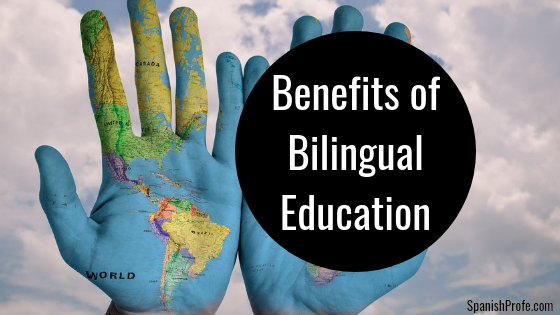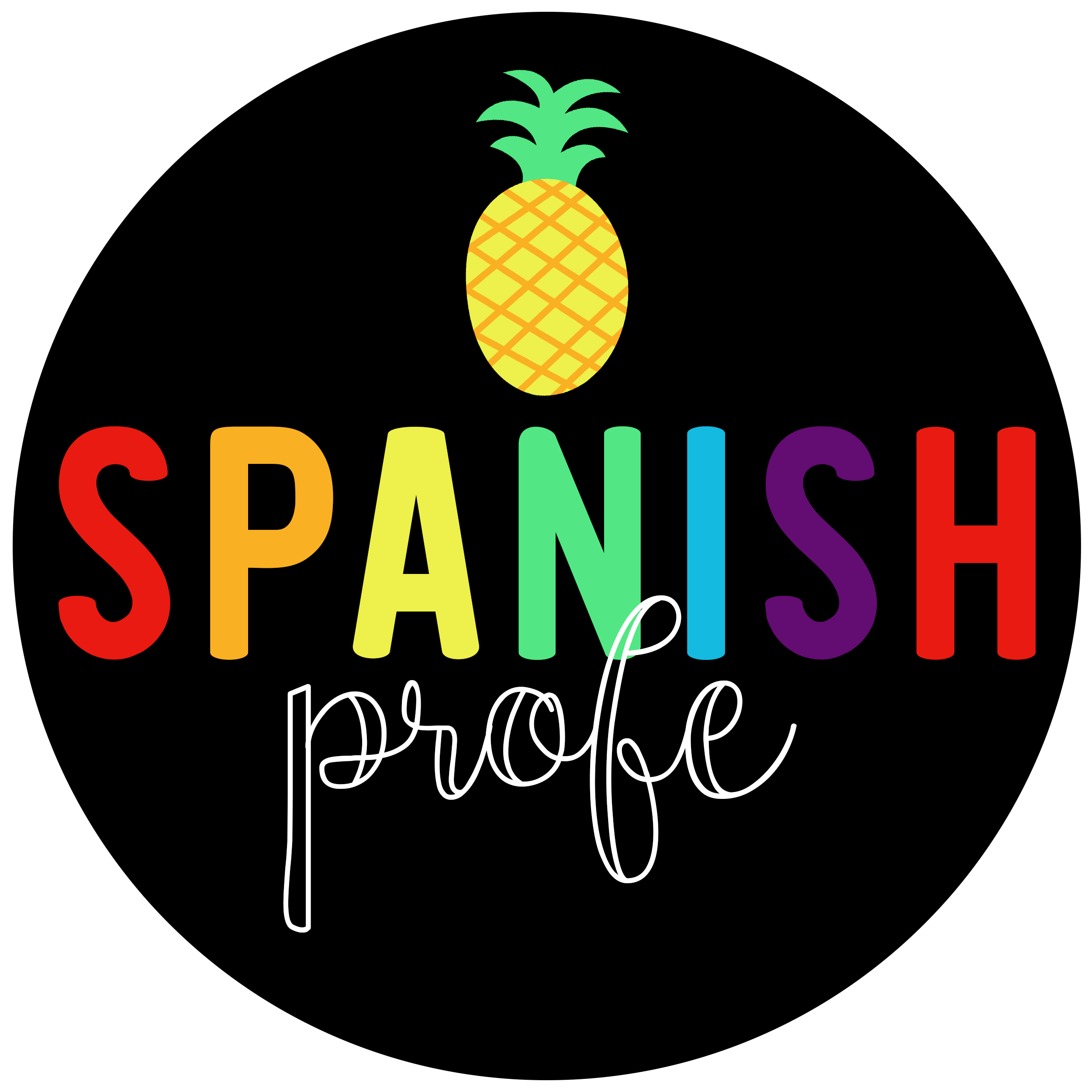
Being bilingual opens up a world of opportunities in your life. Learning to speak another language different from your native language not only allows you to express yourself in another language, but it also allows us to learn about other cultures and people.
Education wise, many high schools and university programs have world language requirements to enter or finish a degree from their program but if at all possible it is best to start language learning from a young age.
In the United States, there is a growing Latino or Spanish speaking population which means increased opportunities for bilinguals within the United States and abroad. There are many elementary schools that offer programming in Spanish; be it: bilingual, dual language or Spanish immersion classrooms.
Bilingual education (if given the opportunity) is a great thing to enroll your child in starting in preschool or Kindergarten. Students learn to read, write, do math and science in a second language. They learn how to communicate with friends, teachers and other adults in the community in ways that they would not be able to if they attended a traditional monolingual (English) elementary school.
Language learning for young children is also easier. Don’t wait to encourage learning a language until middle school or high school as it is much easier to learn and become fluent in a second or third language before that age of 10. Little kids are not afraid of making mistakes and pick up on language patterns quickly whereas older students and adults often struggle to learn because they want to be “perfect” or are afraid to make mistakes.
Can anyone be bilingual? It takes hard work and dedication but as long as you (or your family) is committed to bilingual education it is possible. Remember that language learning is a process. You did NOT learn to speak your first language in a day or two so you cannot expect yourself (or your child) to be “fluent” in a second language in a few short days or weeks.
Being bilingual opens up new opportunities; especially career-wise. Many bilingual can access higher-paying jobs since they have the ability to express themselves in two languages. Many can serve as translators, mediators, teachers, doctors, diplomats or in specialized markets or positions because of their language skills. Being bilingual often sets job candidates apart when companies hire new employees.
Being bilingual shapes your mind differently. Bilingual people are often better problem solvers and can approach tasks, people and communication in multifaceted manners because they understand that there are different perspectives and ways to do things.
Having to learn, think and express yourself in more than one language (English and Spanish) allows you to learn, breathe and experience the culture of the language you are learning and you can see various perspective or points of view and be more empathetic with people from different countries, cultures or perspectives.
Bilingual education creates the opportunity to not only learn academics in a second language or learn to communicate with people but also allows you to learn certain expressions that correspond only to certain languages and not only that we can learn from their customs and ways of doing things or living.
The advantages of bilingual education are countless, be it for academics, hobbies, careers or professional growth. Being bilingual makes learning an adventure and creates well rounded and world-minded adults.









